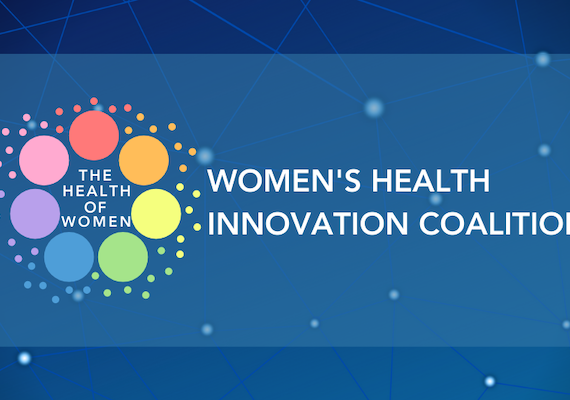
Community has always been the cornerstone of human existence. It defines us, shapes us, and in a world that’s more digitally connected than ever, it keeps us grounded. The Harvard Study of Adult Development, an 80-year-long happiness study, unequivocally showed that embracing community living can add years to our lives, painting a strong link between community, happiness, and longevity. It is not just about longevity though; strong social connections are also associated with a host of other benefits. They enhance our mental health, bolster our resilience against stress, boost our self-esteem, and even contribute to our overall well-being.
In a time where loneliness is touted as the silent epidemic, leading to a range of health issues from heart disease to depression, community-focused startups are expected to thrive, promising the antidote we desperately need. Yet, despite the evident consumer love they receive and the recent shout-out from a16z in their consumer health report, many such startups are eventually unable to raise sufficient funds and end up failing. So why is this paradox occurring in the femtech industry (and beyond)? Let’s explore.
Community-focused Startups and Monetization
To delve into this, we first need to understand the business models many community startups are leaning on. Many of them rely on the “freemium” model, providing free access to basic features and charging for premium services. This works only when the user base is vast and the conversion rate to premium services is substantial. However, building a large user base for a community startup requires time, which is often at odds with the quick return expectations of many venture capitalists.
Another prevalent model is advertising. But, for health-focused startups, this path is fraught with ethical considerations. Advertisers often want access to user data for targeted ads, which can jeopardize the trust and privacy that these community startups are built upon.
Subscription-based models, wherein members pay a recurring fee for the community’s services, face their own challenges. It’s a delicate balance to provide enough value that justifies a subscription fee while keeping the community accessible for all, especially considering the highly sensitive and personal nature of women’s health issues.
The Femtech “Niche”
One significant reason why many community startups continue to fail is due to investors’ hesitance. Despite the immense market potential and increasing demand for innovative solutions in women’s health, many investors still view femtech as a niche market (Yes, I still hear this in 2023…). This, coupled with the prevailing gender bias in investment decision-making, contributes to the difficulty in securing funding.
In addition, while consumers express enthusiasm for these startups, translating this love into a willingness to pay for services remains a hurdle. The lack of understanding and education around women’s health issues often also limits the customer’s perceived need for these services, thereby affecting their monetization capabilities.
Changing the Narrative
To change this narrative, it is essential to consider alternative business models and strategies beyond B2C. Community startups could explore partnerships with healthcare providers and insurance companies, emphasizing the preventive aspect of community support in reducing healthcare costs. They could also seek opportunities for B2B sales, offering their platform as a wellness add-on for companies looking to boost their employees’ mental health.
Sounds pretty straight forward, but of course, none of this is easy and many don’t make it this far, which is really unfortunate as community-based femtech startups have the potential to address the loneliness epidemic while contributing positively to women’s health and well-being. To succeed, however, they need to negotiate the very complex path of delivering value to the users, maintaining trust, and ensuring financial sustainability that fits VC timelines.
Fortunately despite these obstacles and difficulties many in the femtech industry are stepping up to the challenge, building and helping these startups to thrive and hopefully fulfill their promise of enabling more human connection. I for one hope many of them will “figure out the business side of things” and succeed as I strongly believe that community is one of the core patient needs in a space as underserved as women’s health.
Community is more than just a concept. For many – including me when I was first diagnosed with PCOS – it’s a lifeline. One that can help us live longer, healthier, and happier lives. And if we really are to put patient needs at the center of our work, community should be at the core of any and all innovation in consumer health.
This post was inspired by the shutdowns of FemXX and Revel, as well as recent investments in Eureka Health and Peppermint.



